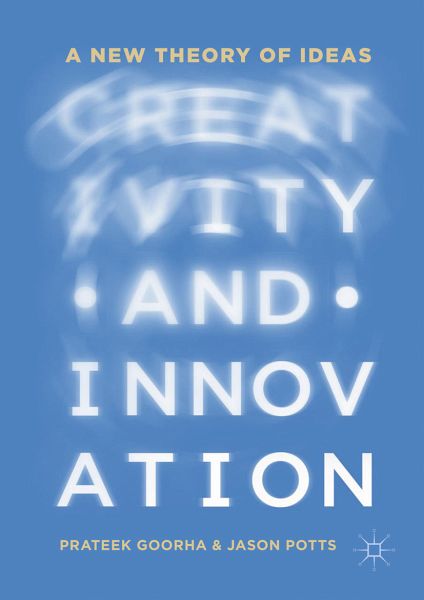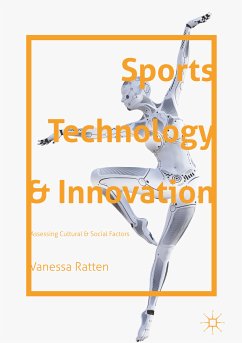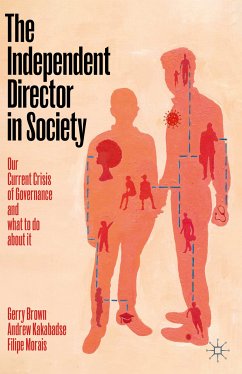
Creativity and Innovation (eBook, PDF)
A New Theory of Ideas
Versandkostenfrei!
Sofort per Download lieferbar
68,95 €
inkl. MwSt.
Weitere Ausgaben:

PAYBACK Punkte
34 °P sammeln!
Ideas are ubiquitous. They are the fundamental building blocks for all aspects of life. Yet, efforts to use ideas as a basic unit of analysis in a shared framework are rare. We often find it difficult to look past the artificial boundaries that academic disciplines and specialist fields of knowledge construct. In this book, the authors address this substantial lacuna by proposing an intuitive theory of ideas that serves as a trans-disciplinary basis for studying innovation and creativity.The theory proposed shows how new ideas emerge from contexts that rely on mechanisms, which were originally...
Ideas are ubiquitous. They are the fundamental building blocks for all aspects of life. Yet, efforts to use ideas as a basic unit of analysis in a shared framework are rare. We often find it difficult to look past the artificial boundaries that academic disciplines and specialist fields of knowledge construct. In this book, the authors address this substantial lacuna by proposing an intuitive theory of ideas that serves as a trans-disciplinary basis for studying innovation and creativity.
The theory proposed shows how new ideas emerge from contexts that rely on mechanisms, which were originally built on older and more central ideas. It demonstrates how these mechanisms help instantiate different perspectives on the same idea in variegated manners. By applying their theory to a variety of bat and ball sports, the authors illustrate the role that primitive ideas have on sports innovation, and explore further avenues for employing the theory ina number of different situations. This original book will be of interest to anyone who wishes to gain a deeper understanding of the processes of innovation and creativity, developed within a complex framework of ideas.
The theory proposed shows how new ideas emerge from contexts that rely on mechanisms, which were originally built on older and more central ideas. It demonstrates how these mechanisms help instantiate different perspectives on the same idea in variegated manners. By applying their theory to a variety of bat and ball sports, the authors illustrate the role that primitive ideas have on sports innovation, and explore further avenues for employing the theory ina number of different situations. This original book will be of interest to anyone who wishes to gain a deeper understanding of the processes of innovation and creativity, developed within a complex framework of ideas.
Dieser Download kann aus rechtlichen Gründen nur mit Rechnungsadresse in A, B, BG, CY, CZ, D, DK, EW, E, FIN, F, GR, HR, H, IRL, I, LT, L, LR, M, NL, PL, P, R, S, SLO, SK ausgeliefert werden.












